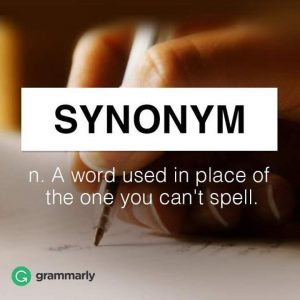‘I don’t really know what’s relevant – I just get lost and the set texts don’t help because they’re too complicated’.
 There are two issues here: you find the set texts difficult to read and you’re not sure how to tell what’s relevant. There’s also a third underlying issue – panic – because set texts are by definition not optional so you have to engage with them.
There are two issues here: you find the set texts difficult to read and you’re not sure how to tell what’s relevant. There’s also a third underlying issue – panic – because set texts are by definition not optional so you have to engage with them.
If you know that you are stressed and that panic is part of your problem then please read one of my posts on stress eg Sick of University. You can just type in ‘stress’ in my site search box.
Set texts are either primary – to be read cover to cover and studied in themselves eg 18thc novels on an 18thc literature course – or secondary – books chosen because they will elucidate (shed light on) the primary texts.
Secondary texts are the ones people usually really struggle with, largely because they are perceived to be complex in their arguments, written in an academic language which seems at best foreign, at worst unintelligible.
For practical ides on how to break down secondary texts and make them more manageable see my post ‘I can’t cope with big books‘.
So what do you do?
One of the most important study skills at any stage is to break large tasks down as far as possible.
Resist the urge to just read indiscriminately. To quote Lisa Simpson (daughter of the wonderful Homer), that’s ‘pointless busy-work’. It’s also a great way of looking virtuous and avoiding actual productive work. Focus your reading around the course’s key issues.
How do you find out what the key issues are?
Coursepacks, handouts, lectures, study questions, essay and exam questions (past as well as present) will all help you to see what the course aims to cover.
Your lecturer! Lecturers drop all sorts of hints, often cleverly disguised as study skills or revision sessions, introductory and concluding sessions ie the ones students often think they don’t need to go to. 🙂
Does your tutor give you a list of study issues they want you to consider?
Are there recurring ideas / themes to lectures / tutorials? Hint: yes, there are – they’re probably summaried on the handout your lecturer gave you.
Look at last year’s exam paper or a list of last year’s essay titles. That will give you a good idea of key issues. The library should have copies of old exam papers, your tutor will have copies of old essay titles.
Reading is a discipline as well as a skill. It requires time, focus and effort, just like any skill. When you first started to read it was a huge challenge to read a whole sentence. If you’re reading this you’ve already come a long way. 🙂